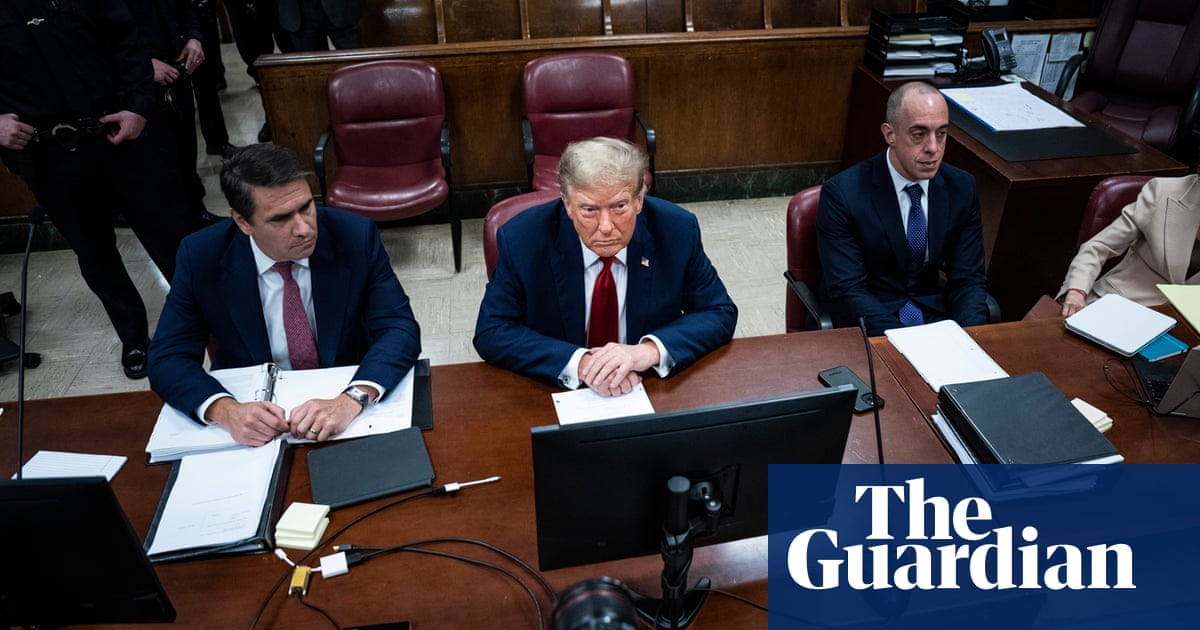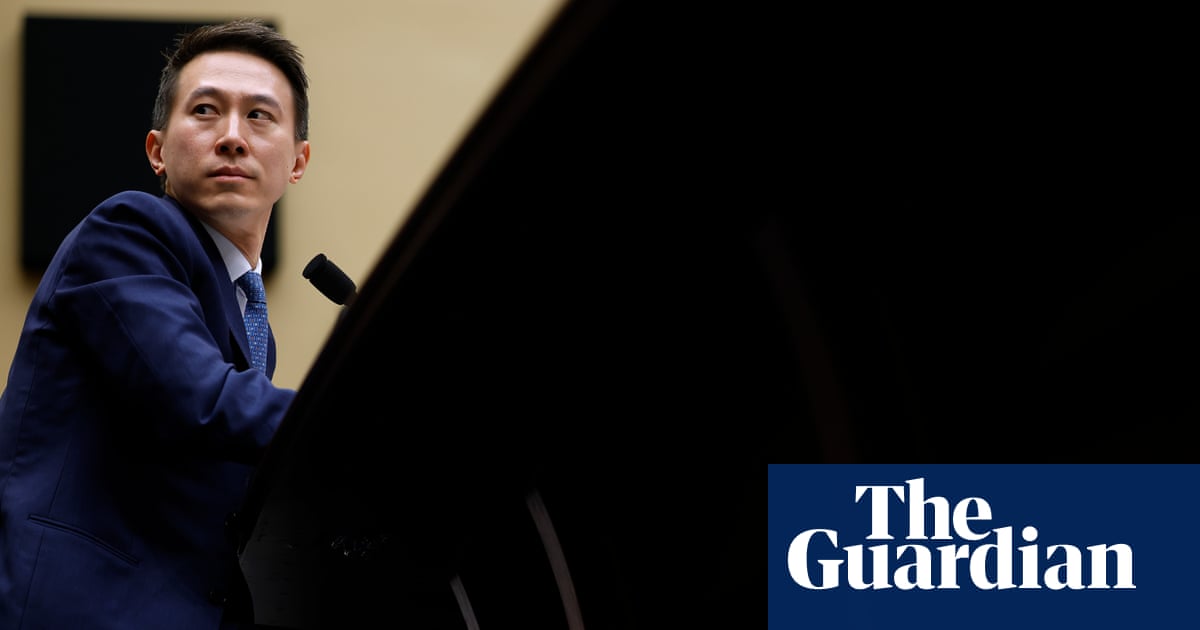
The Saudi-Russian relationship is strong enough to survive energy or geopolitical vagaries
Although the US was not officially there, its presence hung over the forum like a big black cloud
As I passed the Omsk Oblast stand for the last time, and waved farewell to the beautiful Siberian lady whose excellent English had gotten me through some of the trickier sections of the forum guide, I had time to reflect on three action-packed days in the Russian city of St. Petersburg.The International Economic Forum (SPIEF19) had been a steep learning curve, not just in terms of my limited command of the Russian language, but also as a deep immersion in the geopolitics and economics of the country. I felt I had unwrapped some of the mystery and enigma that Sir Winston Churchill famously said surrounds Russia. Here are five riddle-free takeaways from the event.
1. The Saudi-Russian relationship is strong enough to survive energy or geopolitical vagaries. It all began well before the OPEC+ deal of two and a half years ago, and has widened beyond mere coincidence of interests in the global energy market. The 50 or so Saudi delegates to the joint commission on trade and economy taking place in Moscow on Sunday represent virtually all sectors of the Kingdom’s economy, right down to culture and wildlife. There was no mistaking the genuine warmth of the friendship between senior policymakers, even when they had honest differences of opinion on policy options, which was infrequent.
2. The Russia-China alliance is the really big strategic game-changer. The star of the forum, apart from Russian President Vladimir Putin of course, was his Chinese counterpart Xi Jinping. Delegates at the packed plenary hall for their joint address hung on the latter’s every word. It was striking to hear the presidents of what were once the world’s biggest communist powers extolling the virtues of free global markets and the need to repair its battered trading structure. Xi got a big laugh with his analogy for the World Trade Organization. “If you have fleas in your fur coat, you shouldn’t throw it in the oven,” he said in defense of multilateral trade.
3. Antipathy toward President Donald Trump’s America is tangible.
Although the US was not officially there, its presence hung over the forum like a big black cloud. One panel on global trade had a Russian minister accusing the Americans of weaponizing virtually every aspect of the global economy, from the shale oil business, to use of the dollar to exclude parties from world trade, to the use of sanctions against others. The prospect of big economic powers such as China, Russia and maybe even the Europeans developing their own currency for global trade in opposition to the domineering dollar was raised time and again. Uncle Sam has been warned.
4. The Russians are as good as anybody at the global forum business. The SPIEF has been going in some form since 1997, but only really took off when Putin gave it his personal endorsement in 2005. It is a well-organized and productive event, with enough to keep the interest of a non-Russian generalist like me over three days. There was even a panel on “football in the city interiors,” with former England player Sol Campbell in attendance. Unfortunately for me, it coincided with the big global energy session with Saudi and Russian ministers, so I never got the chance to ask the former Tottenham Hotspur and Arsenal star any questions.
5. St. Petersburg has not shaken off its communist and imperial past, and nor should it. If anything, Peter the Great’s city appears to be rediscovering its historical heritage. Monuments to the World War II siege are ubiquitous. Statues to Vladimir Ilyich Ulyanov, aka Lenin, are prominent.
Streets and districts are named after the Bolshevik leader. The city center is a glittering imperial hub that the Romanovs would have recognized and appreciated.
Maybe another name change is on the distant horizon for the city that was the birthplace of the Russian president — Putingrad has certainly got a ring to it.












